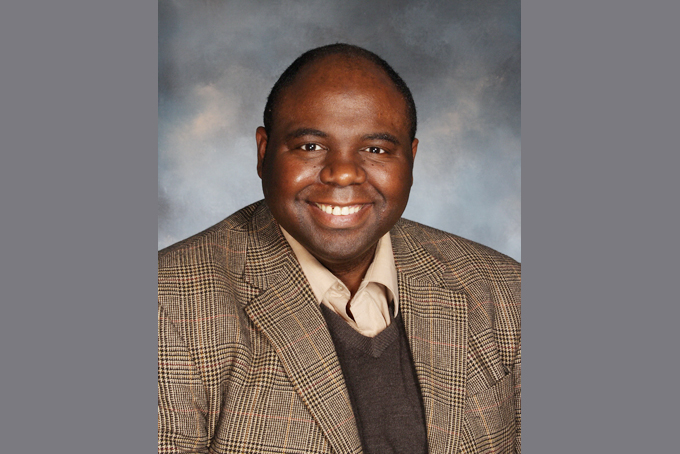
CURTIS WRIGHT
(Wagner College News Service) In the next few months, many American families will undergo a challenging rite of passage: sending a student off to college for the first time.
The biggest part of this challenge, three Wagner College administrators say, is letting go.
While modern technology has made it easier for us to stay connected to those we love, it’s also made it more difficult for some parents to really let go of their students.
“Most children have cell phones at an early age, so parents are able to keep tabs on them, communicate with them—things that weren’t possible or were much more complicated 20 years ago,” says Sara Klein, associate dean of campus life at Wagner College.
That constant connection between parents and kids has created the “helicopter parent” phenomenon, Klein believes.
“Most parents today are helicopter parents,” Klein says. “It’s changed so that’s the norm….It’s just a continuation of the level at which they have been involved in their child’s early life and education, so why change that?”
“Helicopter parents are those who are so connected to their children’s experience that they don’t allow their children to get that far away from them—they just hover,” says Curtis Wright, another associate dean at Wagner. “In orientation, helicopter parents don’t go to the workshops designed for parents—they are the ones asking questions at the sessions meant for students….After classes start, if a student gets a bad grade, helicopter parents call and ask why. When we get student conduct cases, helicopter parents want to become a part of the conversation…and they will get angry when we won’t allow them into a hearing.”
Difficult as it is for parents to let go of their “babies,” it’s an important part of the process of growing up—for everyone concerned.
So, how can families facing this impending rite of passage prepare for the severing—or, at least, the stretching—of the technological umbilical cord?
“The expectation now is that parents and children will speak daily on the phone, if not more than that,” Klein says. “If their children haven’t logged on to their Facebook page in the last 24 hours, they think their child has gone missing.
“I think it’s important to have a conversation before the student leaves home to discuss what the expectations are around communication,” Klein says. “If the student is comfortable with phoning once a week, a parent should know that. If the student isn’t initiating that conversation, the parent needs to initiate it. ‘We don’t want to be overly involved in your life, but we’re here for you,’ parents might say. ‘How often should we check in?’
“But it’s hard,” Klein acknowledges, “especially when it’s the first student going away to college, to know exactly what to expect, because it’s a new situation. And if the student is calling home to vent about a roommate or a professor, it helps if the student can say, ‘I’m just calling to vent. I’m not expecting you to intervene, I don’t want you to fix this—I’m figuring it out, and I just need to talk about it.’ ”
Ruta Shah-Gordon, Wagner’s assistant vice president for campus life, suggests that students and parents make arrangements to have one phone call a week, at a specific time on a specific day, when they will talk over what’s come up during the week.
“You can call at other times, just to say hi, but there’s this one time each week when the student can talk about not doing that well on a test, and being upset, and the parents can be there for them—and the students know they’re going to have that opportunity,” Shah-Gordon says. “And it works well for parents, too. They don’t feel like they have to be constantly checking up on their student, because they know that once a week they’ll have a conversation and cover the necessary bases.”
Letting go isn’t easy—but talking in advance about expectations, and making plans to stay in touch without hovering like helicopters over one’s student, can make things a little easier for everyone concerned.
Wagner College is a U.S. News & World Report Top 25 regional university on Staten Island in New York City.